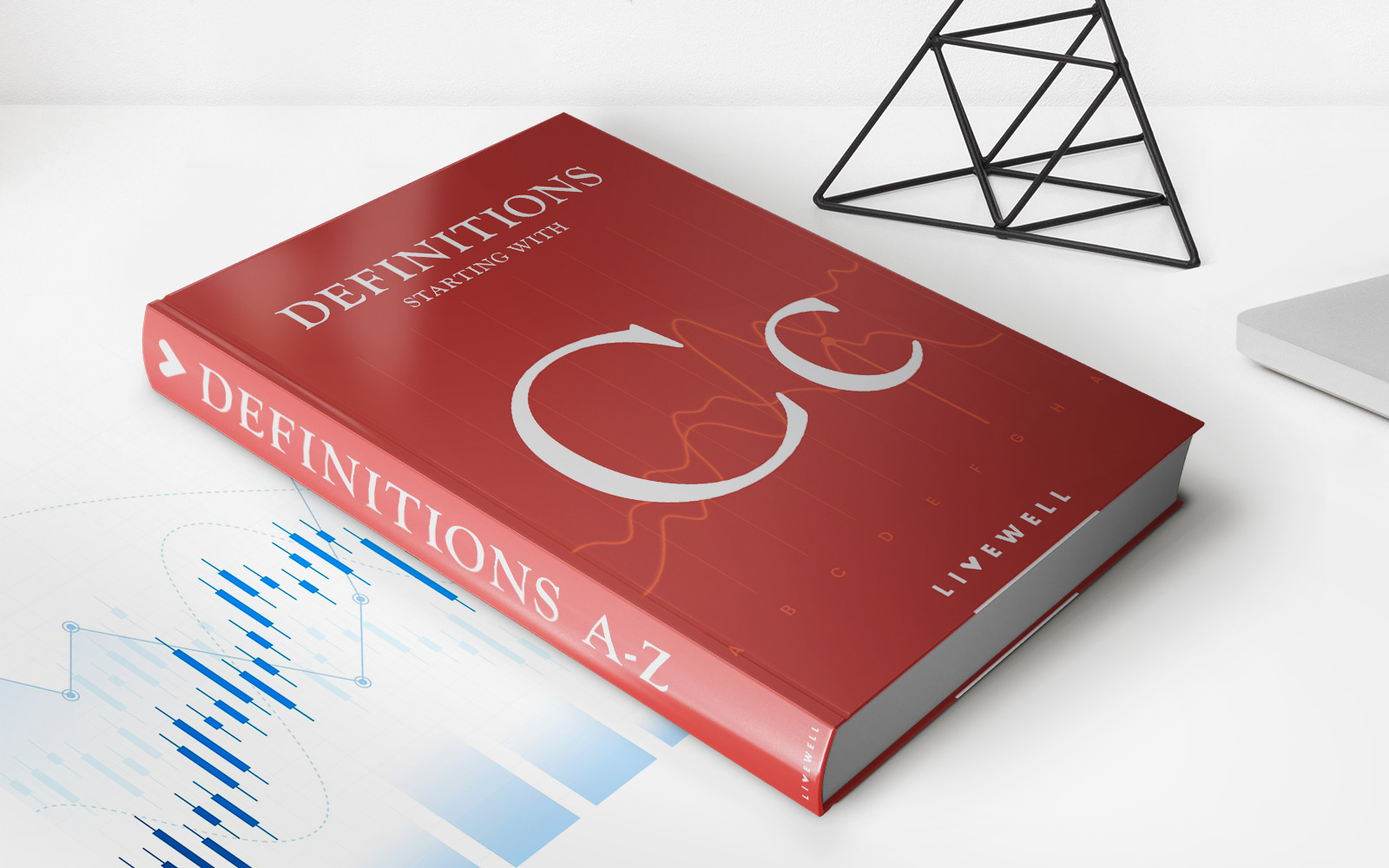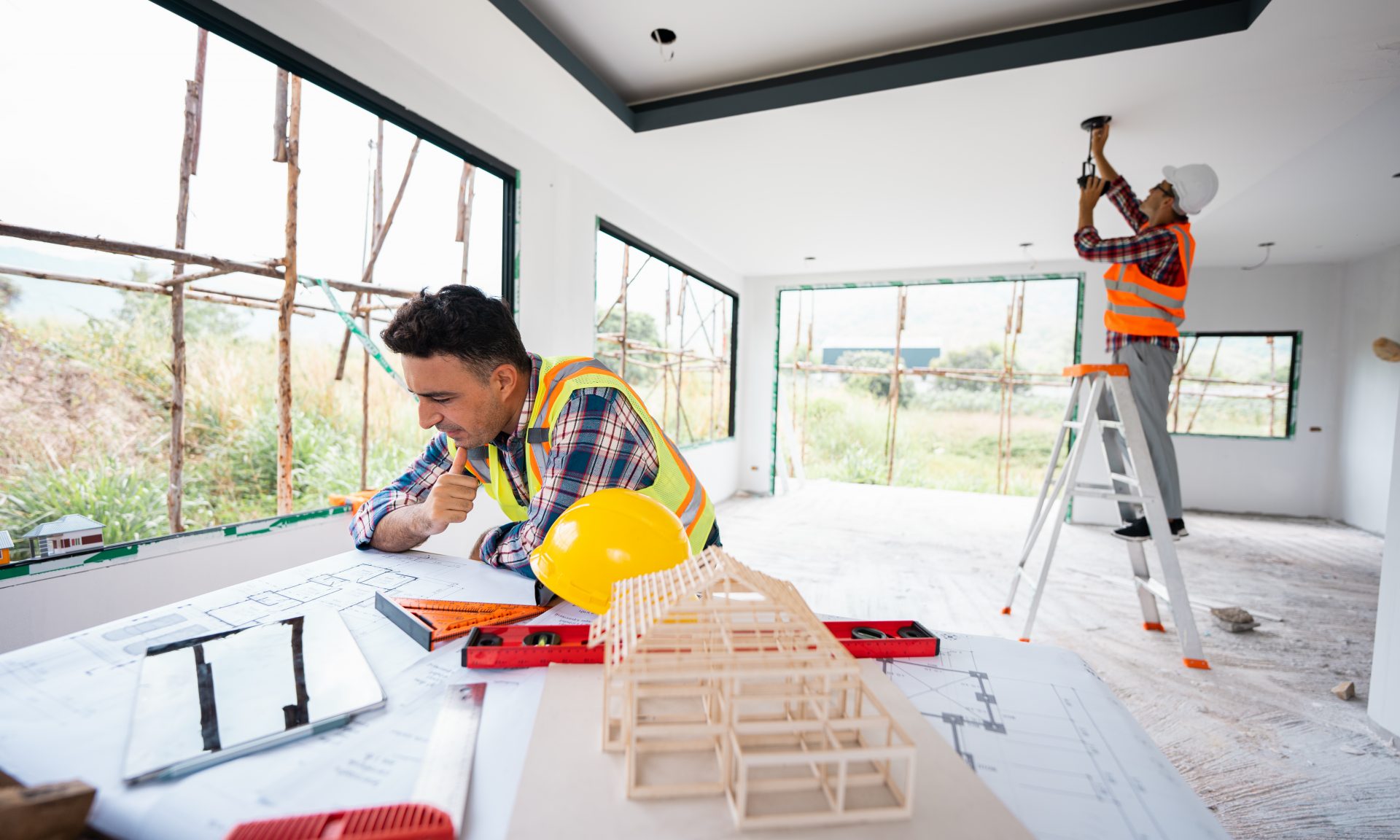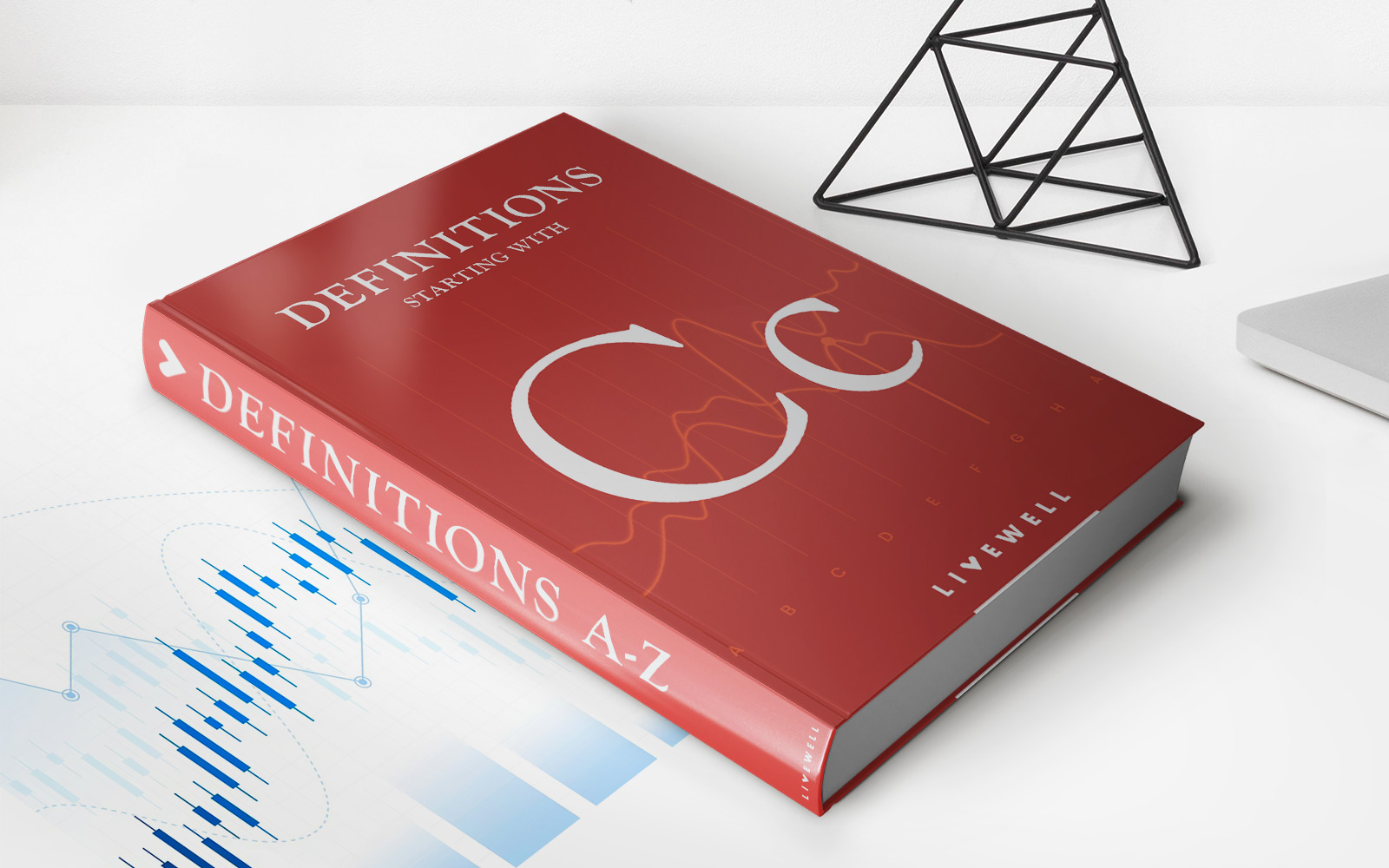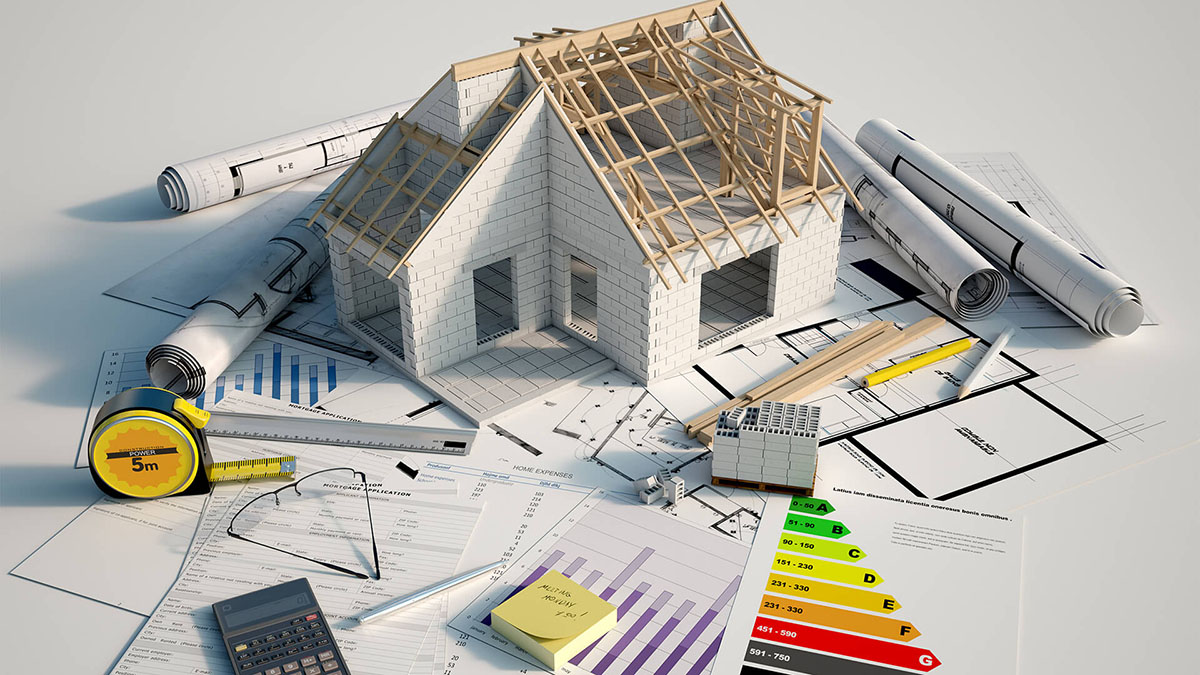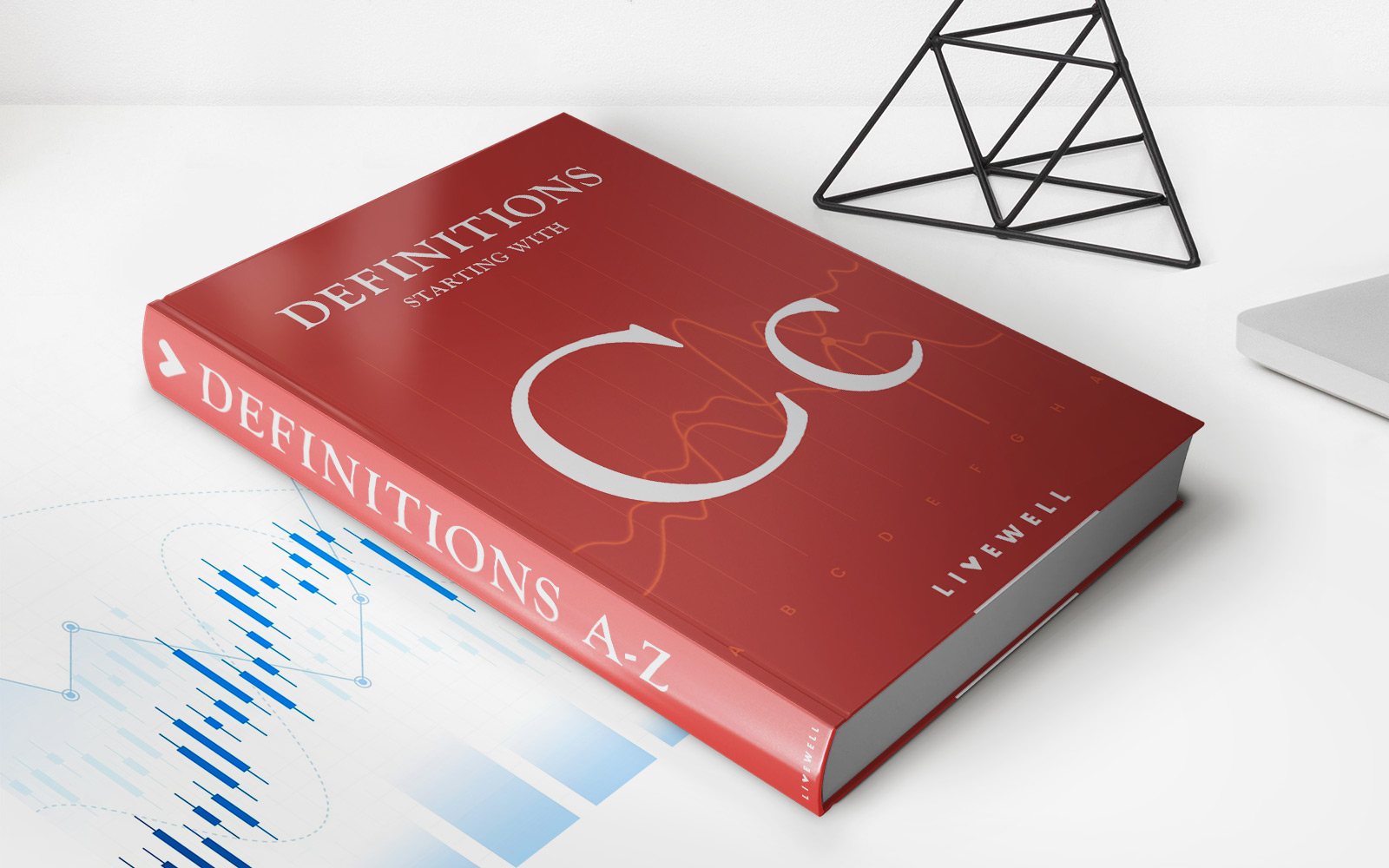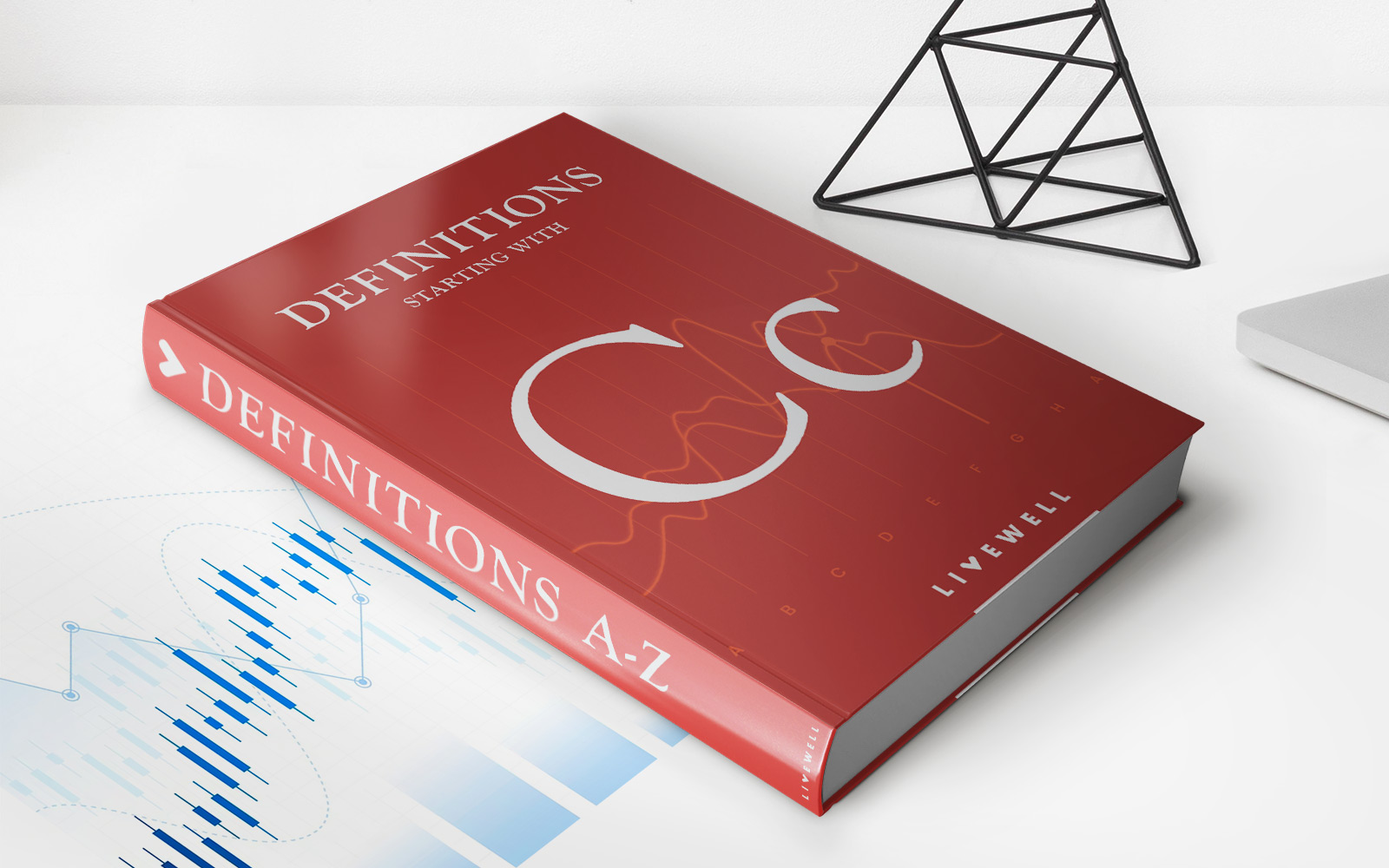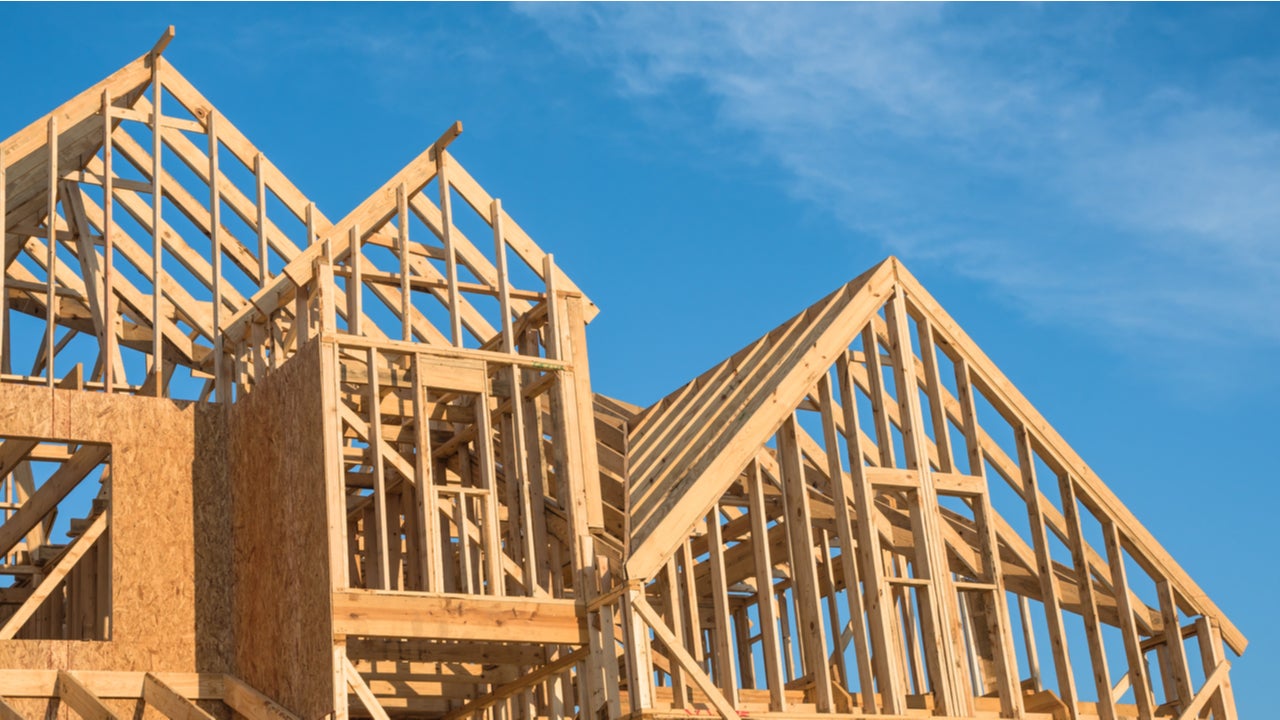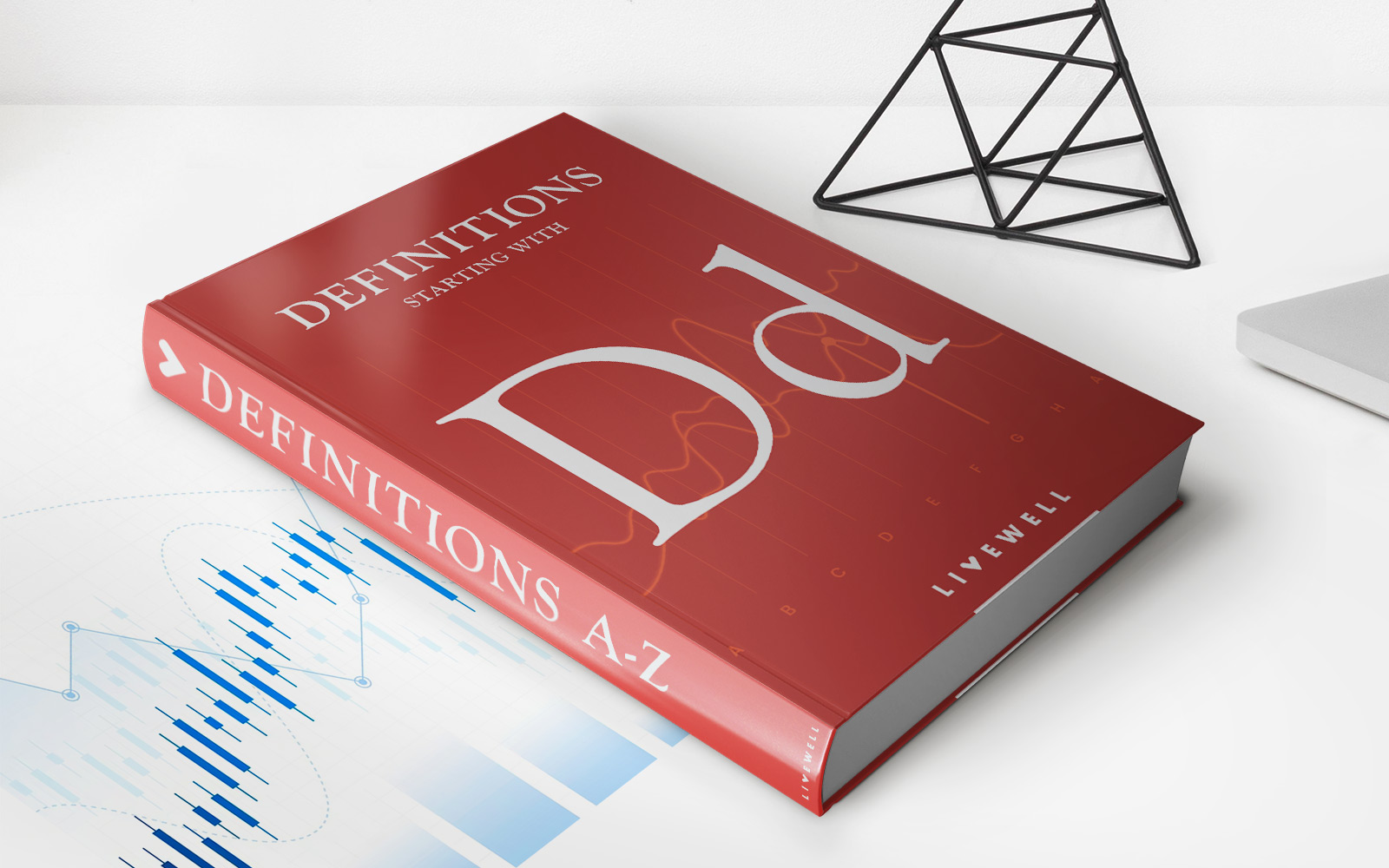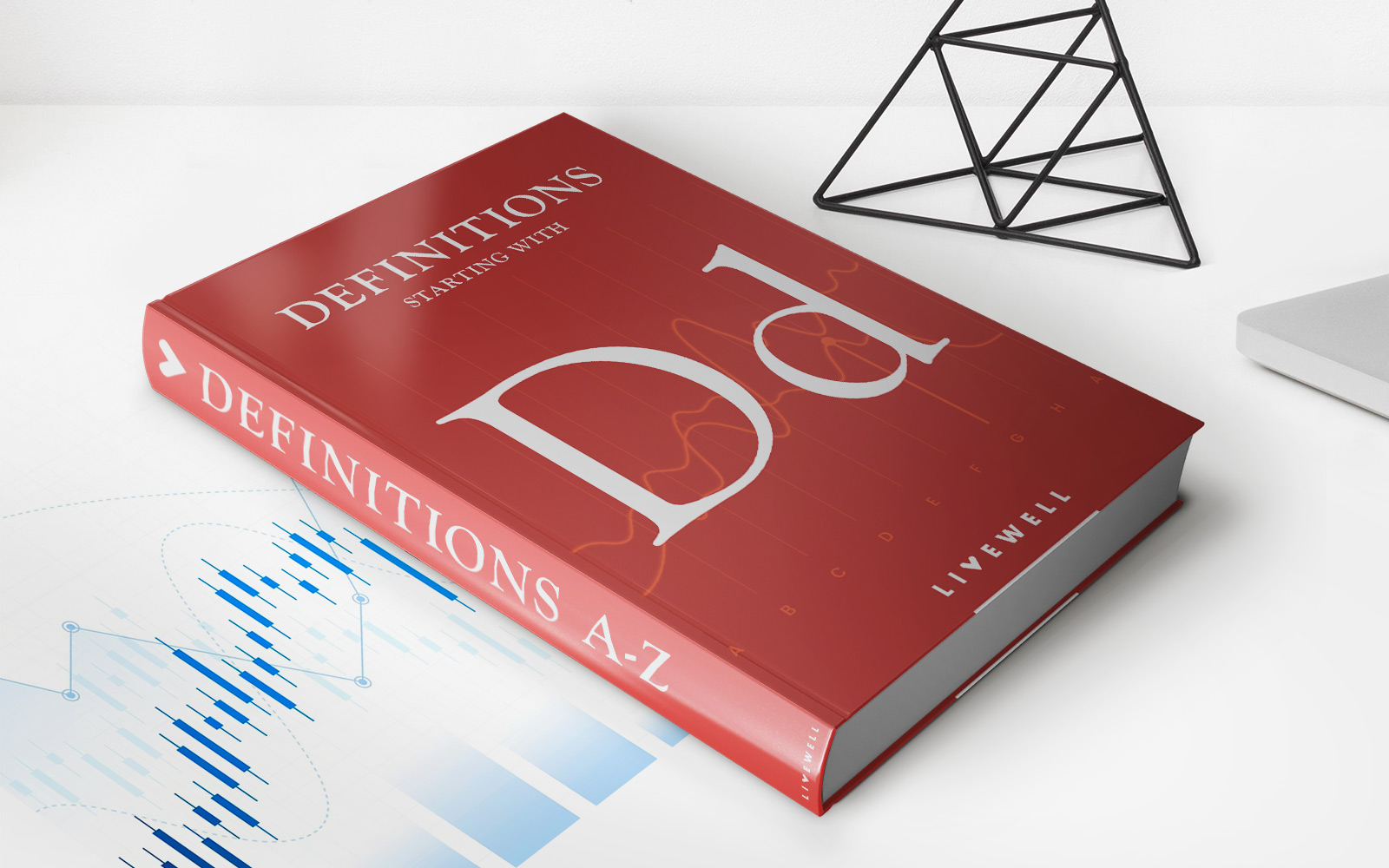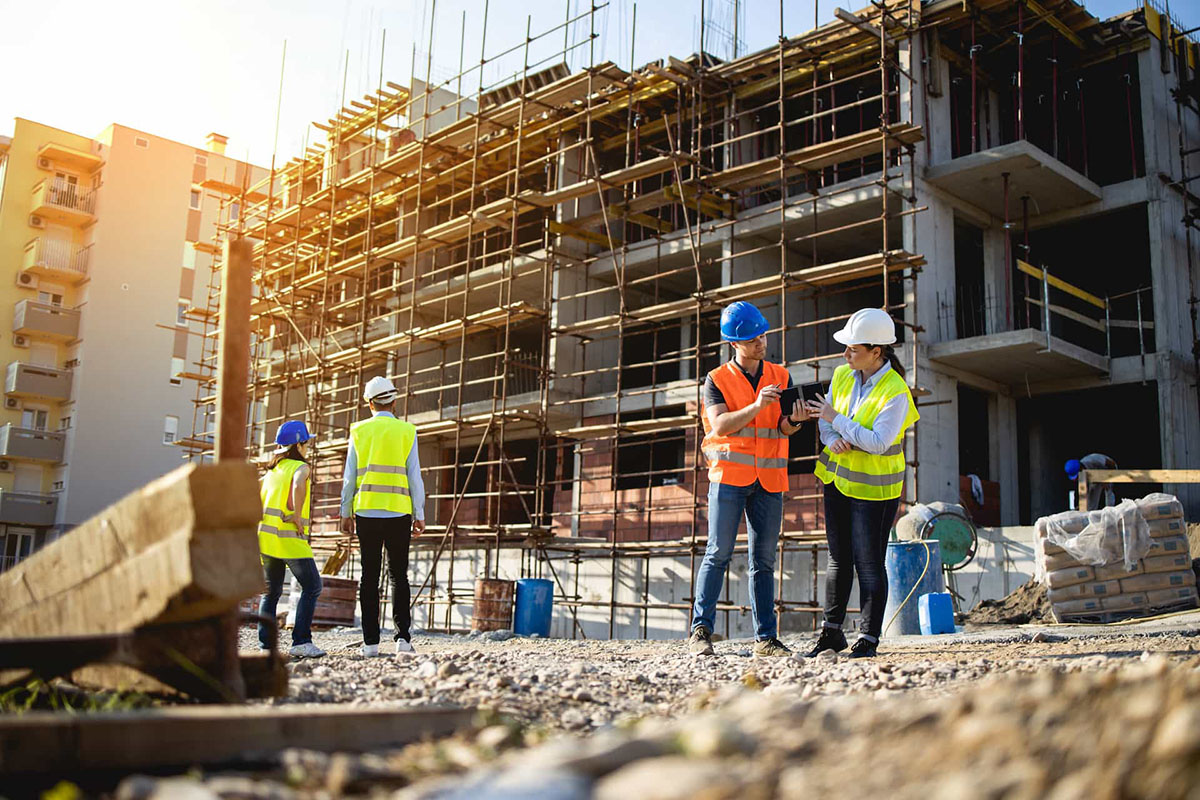

Finance
What Is Construction Insurance?
Published: November 19, 2023
Learn about construction insurance and how it can protect your finances in case of accidents, damages, or lawsuits. Find out how it works and why it is crucial for construction businesses.
(Many of the links in this article redirect to a specific reviewed product. Your purchase of these products through affiliate links helps to generate commission for LiveWell, at no extra cost. Learn more)
Table of Contents
- Introduction
- Definition of Construction Insurance
- Types of Construction Insurance
- Coverage provided by Construction Insurance
- Importance of Construction Insurance
- Factors Affecting Construction Insurance Costs
- How to Obtain Construction Insurance
- Claims and Settlement Process in Construction Insurance
- Tips for Choosing the Right Construction Insurance Provider
- Conclusion
Introduction
Welcome to the world of construction insurance! In the vast and dynamic field of construction, insurance plays a crucial role in protecting construction companies, contractors, and project owners from financial risks and liabilities. Whether you’re a homeowner, a business owner, or a contractor involved in a construction project, understanding construction insurance is essential to safeguard your interests.
Construction insurance provides coverage for a wide range of potential risks that can arise during the construction process. From accidents and injuries on construction sites to the theft of construction materials and property damage, construction insurance offers protection and peace of mind to all parties involved.
In this comprehensive guide, we’ll delve into the world of construction insurance, exploring its definition, the different types of coverage it offers, the importance of having construction insurance, factors that affect insurance costs, and how to obtain the right insurance coverage for your construction projects. We’ll also shed light on the claims and settlement process and provide tips for selecting the right construction insurance provider.
Whether you’re embarking on a small renovation project, constructing a commercial building, or involved in a large-scale infrastructure development, having a solid understanding of construction insurance is vital. By having the right insurance coverage in place, you can mitigate potential risks and ensure that your construction project progresses smoothly from start to finish.
So, let’s dive into the world of construction insurance and unravel the intricacies of this vital aspect of the construction industry.
Definition of Construction Insurance
Construction insurance, also known as contractor’s insurance or builder’s risk insurance, is a type of insurance coverage specifically designed for the construction industry. It provides financial protection to construction companies, contractors, and project owners against various risks and liabilities that may arise during the construction process.
Construction insurance covers a wide range of potential risks, including property damage, theft, accidents, injuries, and liabilities. It helps to compensate for any loss or damage that occurs due to unforeseen events or accidents during the construction period.
Construction insurance can be obtained for various types of construction projects, including residential homes, commercial buildings, infrastructure developments, and renovation projects. It is typically purchased by the project owner or contractor and can be tailored to meet the specific needs and requirements of the construction project.
The coverage provided by construction insurance can vary depending on the policy and insurance provider. However, it generally includes protection against property damage caused by fire, natural disasters, vandalism, or other hazards. It also covers theft or damage to construction materials, tools, and equipment. In addition, construction insurance typically includes liability coverage, which protects against third-party claims for bodily injury or property damage arising from the construction project.
It’s important to note that construction insurance is typically in effect for the duration of the construction project, starting from the groundbreaking phase to the completion of the project or handover of the property. The coverage is not limited to the construction site itself but also extends to off-site storage locations and transportation of materials.
Overall, construction insurance is a critical component of risk management in the construction industry. By having the right insurance coverage in place, construction companies, contractors, and project owners can protect themselves financially against unexpected events, ensuring the smooth progression and successful completion of construction projects.
Types of Construction Insurance
Construction insurance encompasses various types of coverage that cater to the unique needs and risks associated with construction projects. Here are some of the most common types of construction insurance:
- Builder’s Risk Insurance: Builder’s risk insurance, also known as course of construction insurance, covers the physical damage to a construction project during the course of its construction. This type of insurance typically includes coverage for property damage, theft, and vandalism, and can also provide protection against perils such as fire, windstorms, and earthquakes.
- General Liability Insurance: General liability insurance is essential for construction companies and contractors. It protects against third-party claims for bodily injury or property damage resulting from construction activities. This coverage can include medical expenses, legal defense costs, and settlement awards.
- Worker’s Compensation Insurance: Worker’s compensation insurance provides coverage for construction workers who suffer job-related injuries or illnesses. It helps cover medical expenses, lost wages, and rehabilitation costs for injured employees. Having worker’s compensation insurance is often a legal requirement for construction companies.
- Professional Liability Insurance: Professional liability insurance, also known as errors and omissions insurance, is crucial for construction professionals such as architects, engineers, and consultants. It protects against negligence claims and professional errors or omissions that may result in financial loss or damage to the client.
- Contractor’s Equipment Insurance: Contractor’s equipment insurance provides coverage for loss or damage to construction equipment, tools, and machinery. This type of insurance is essential for contractors who rely on specialized equipment to carry out their construction activities.
- Environmental Liability Insurance: Environmental liability insurance is important for construction projects that involve potential environmental risks. It provides coverage for pollution and contamination events that may occur during the construction process, protecting contractors and project owners from costly cleanup, remediation, and legal expenses.
These are just a few examples of the types of construction insurance available. Each construction project is unique, and the insurance needs may vary accordingly. It’s crucial to assess the specific risks and requirements of your construction project and work with an experienced insurance provider to determine the most appropriate types and levels of coverage.
Coverage provided by Construction Insurance
Construction insurance offers a wide range of coverage to protect construction companies, contractors, and project owners from potential risks and liabilities that may arise during the construction process. The specific coverage provided can vary depending on the policy and insurance provider. Here are some of the common types of coverage provided by construction insurance:
- Property Damage Coverage: Construction insurance typically includes coverage for property damage caused by fire, natural disasters, vandalism, or other hazards. This coverage helps to repair or replace damaged property, including the construction site, buildings, and materials.
- Theft and Vandalism Coverage: Construction projects are often targets for theft and vandalism. Construction insurance can provide coverage for stolen or damaged construction materials, tools, and equipment. This coverage helps to mitigate the financial loss and ensures that the construction project can continue smoothly.
- General Liability Coverage: General liability coverage protects against third-party claims for bodily injury or property damage arising from construction activities. This includes coverage for medical expenses, legal defense costs, and settlement awards in the event of accidents or injuries on the construction site.
- Worker’s Compensation Coverage: Worker’s compensation coverage is crucial for construction projects as it provides protection for injured workers. It covers medical expenses, lost wages, and rehabilitation costs for construction workers who suffer job-related injuries or illnesses.
- Professional Liability Coverage: Construction professionals such as architects, engineers, and consultants often require professional liability coverage. This coverage protects against claims and lawsuits related to professional errors, omissions, or negligence that may result in financial loss or damage to clients.
- Contractor’s Equipment Coverage: Contractor’s equipment coverage provides protection for loss or damage to construction equipment, tools, and machinery. It helps cover the costs of repair or replacement, ensuring that construction activities can continue without significant delays.
- Environmental Liability Coverage: For projects that involve potential environmental risks, construction insurance may include environmental liability coverage. This coverage protects against pollution and contamination events during the construction process and covers the costs of cleanup, remediation, and legal expenses.
It’s important to carefully review the policy terms and conditions to fully understand the extent of coverage provided by construction insurance. Additionally, specific exclusions and deductibles may apply, so it’s essential to work closely with the insurance provider to tailor the coverage to meet the unique needs of your construction project.
Importance of Construction Insurance
Construction insurance plays a vital role in the construction industry for all parties involved, including construction companies, contractors, and project owners. Here are some key reasons why construction insurance is crucial:
- Financial Protection: Construction projects involve significant investments of time, money, and resources. Construction insurance provides financial protection by covering potential losses or damages that may occur during the construction process. It helps mitigate the financial risks associated with accidents, property damage, theft, or third-party claims, ensuring that the project can continue without a significant financial setback.
- Risk Management: Construction projects are inherently risky due to various factors such as hazardous worksites, volatile weather conditions, and the involvement of multiple parties. Construction insurance allows for effective risk management by transferring some of those risks to the insurance provider. This helps construction companies and contractors focus on their core activities and have peace of mind knowing that they are protected against unforeseen events.
- Contractual Requirement: In many cases, construction insurance is a contractual requirement. Project owners often require contractors to have specific insurance coverage before commencing work on a project. By having the necessary construction insurance in place, contractors can meet these requirements and ensure compliance with contract terms and conditions.
- Legal Compliance: Certain types of construction insurance, such as worker’s compensation insurance, are legally mandated in many jurisdictions. Having the appropriate insurance coverage ensures compliance with legal requirements and helps construction companies avoid penalties or legal liabilities associated with non-compliance.
- Protection for Project Owners: For project owners, having construction insurance is essential to protect their investment. It offers coverage for property damage, theft, and liability claims that may arise during the construction process. It allows project owners to focus on the successful completion of the project without worrying about potential financial risks.
- Enhanced Credibility: Having construction insurance can enhance the credibility and reputation of construction companies and contractors. It demonstrates a commitment to risk management and a proactive approach to protecting stakeholders’ interests. This can be a crucial factor in winning contracts and building trust with clients and partners in the construction industry.
Overall, construction insurance is a fundamental component of the construction industry. It provides financial protection, risk management support, and legal compliance, thereby enabling construction projects to be carried out safely and successfully.
Factors Affecting Construction Insurance Costs
Several key factors influence the cost of construction insurance. It’s important to understand these factors as they can significantly impact the premiums that construction companies, contractors, and project owners have to pay. Here are the main factors that affect construction insurance costs:
- Type of Construction Project: The type of construction project being undertaken is a significant factor in determining insurance costs. Factors such as the scale, complexity, duration, and location of the project can affect the level of risk involved and, consequently, the insurance premiums. For example, a high-rise building construction project may have higher insurance costs compared to a small residential renovation project.
- Project Value: The total value of the construction project is another factor that plays a role in determining insurance costs. Higher-value projects generally have higher insurance premiums as they involve a greater financial risk in the event of a loss or damage.
- Risk Assessment: Insurance providers conduct a thorough risk assessment of the construction project before determining the premiums. Factors such as the construction site’s location, surrounding environment, past claims history, and safety practices implemented on-site are considered during the risk assessment. Projects with higher perceived risks may have higher insurance costs.
- Construction Duration: The duration of the construction project is a factor that affects insurance costs. Projects with longer construction periods are exposed to potential risks for an extended period, resulting in higher premiums. Conversely, shorter-term projects may have lower insurance costs due to the reduced exposure period.
- Claims History: Insurance providers take into account the claims history of construction companies or contractors when determining premiums. A track record of frequent claims or large settlements may result in higher insurance costs due to the increased risk perception.
- Deductibles and Coverage Limits: The deductible amount and coverage limits chosen by the insured party can impact insurance costs. Higher deductibles (the amount the insured must pay out of pocket before the insurance coverage kicks in) can lower premiums, while higher coverage limits may increase premiums.
- Insurance Coverage Selection: The specific types and levels of coverage selected for the construction project will influence insurance costs. Additional coverage options or endorsements beyond basic coverage will increase premiums.
- Experience and Qualifications: The experience and qualifications of the construction company or contractor can also affect insurance costs. Companies with a proven track record of successful projects and strong safety protocols may be eligible for lower insurance premiums due to the perceived lower risk.
It’s important to work closely with an insurance provider that specializes in construction insurance to thoroughly assess these factors and obtain accurate insurance quotes. By understanding the factors that affect construction insurance costs, construction companies, contractors, and project owners can make informed decisions and ensure they have the appropriate coverage at a competitive price.
How to Obtain Construction Insurance
Obtaining construction insurance involves a series of steps to ensure that the construction project is adequately protected. Here’s a general guide on how to obtain construction insurance:
- Assess Your Insurance Needs: Begin by assessing the specific insurance needs of your construction project. Consider factors such as the type of project, construction duration, project value, and potential risks involved. This assessment will help you determine the types and levels of coverage required.
- Research Insurance Providers: Conduct thorough research to identify reputable insurance providers with expertise in construction insurance. Look for providers with a strong track record, good customer reviews, and a deep understanding of the construction industry. Ask for recommendations from peers in the industry or consult insurance brokers specialized in construction insurance.
- Obtain Multiple Quotes: Contact several insurance providers and request multiple quotes based on your specific insurance needs. Ensure that you provide accurate and detailed information about your construction project to obtain accurate quotes.
- Review Coverage Options: Carefully review the coverage options provided by each insurance provider. Compare the types of coverage offered, policy terms, and limits. Consider additional endorsements or specialized coverage options that may be necessary for your project.
- Evaluate Premiums and Deductibles: Compare the premiums and deductibles associated with each insurance quote. Consider the financial implications of the premiums and determine if the coverage provided justifies the cost. Keep in mind that the cheapest option may not always provide the necessary coverage.
- Read and Understand the Policy: Prior to making a decision, thoroughly read and understand the insurance policy. Pay attention to exclusions, conditions, and any limitations that may impact the coverage. Seek clarification from the insurance provider or a legal advisor if needed.
- Purchase the Insurance: Once you have chosen an insurance provider and policy, complete the necessary paperwork and make the required payments to purchase the insurance coverage. Ensure that all documentation is properly filled out and filed for future reference.
- Maintain Proper Documentation: Keep all insurance documents, including the policy, endorsements, and certificates of insurance, readily accessible. These documents serve as proof of coverage and are vital for any claims or disputes that may arise during the construction project.
- Review and Update Regularly: Construction projects are dynamic, and insurance needs may evolve over time. Regularly review your insurance coverage to ensure that it remains relevant and adequate. Update your insurance policy if there are any significant changes to the project or its risks.
Remember, working with a knowledgeable insurance broker or agent who specializes in construction insurance can greatly simplify the process of obtaining the right coverage for your construction project. They can provide valuable guidance, assess your specific needs, and help navigate through the complexities of insurance policies and requirements.
Claims and Settlement Process in Construction Insurance
In the unfortunate event of a loss or damage covered by your construction insurance, it is crucial to understand the claims and settlement process to ensure a smooth and timely resolution. Here’s a general overview of the claims and settlement process in construction insurance:
- Notify the Insurance Provider: As soon as you become aware of a loss or damage, promptly notify your insurance provider. Most insurance policies have a specific time frame within which you must report the incident to initiate the claims process.
- Provide Documentation: Gather and provide all necessary documentation to support your claim. This may include photos, videos, witness statements, police reports, or any other relevant evidence to substantiate your claim.
- Claim Evaluation: The insurance provider will assign a claims adjuster to evaluate the claim. The adjuster’s role is to investigate the incident, assess the damage or loss, and determine if it falls within the coverage provided by the insurance policy.
- Loss Assessment: Once the claim is evaluated, the insurance provider will assess the extent of the loss or damage and calculate the amount to be paid out under the policy. This may involve obtaining repair estimates or seeking expert opinions to determine the overall financial impact of the claim.
- Settlement Negotiation: Based on the loss assessment, the insurance provider will make a settlement offer. It is important to review the offer thoroughly and consult with a legal advisor if necessary. You may negotiate the settlement offer if you believe it does not adequately cover your losses.
- Claim Approval and Payment: Once a settlement agreement is reached, the insurance provider will approve the claim and initiate the payment process. Payments may be made in a lump sum or in installments, depending on the terms of the policy and the agreed-upon settlement.
- Claim Closure: Once the claim is settled and payment is received, the claim will be closed. It is essential to retain a copy of all claim-related documentation for future reference and record-keeping.
- Dispute Resolution: In the event of a claim dispute or disagreement with the insurance provider, you may need to follow the dispute resolution process outlined in your policy. This may involve mediation, arbitration, or legal action to seek a fair resolution.
It’s important to note that the claims and settlement process can vary depending on the insurance provider and policy terms. It is always advisable to thoroughly review and understand your insurance policy, including the claims process, before initiating a claim. Working closely with your insurance provider and maintaining open communication throughout the process can help expedite the claims resolution and ensure a satisfactory outcome.
Tips for Choosing the Right Construction Insurance Provider
Choosing the right construction insurance provider is a crucial decision that can significantly impact the success and protection of your construction projects. Here are some important tips to consider when selecting a construction insurance provider:
- Expertise in Construction Insurance: Look for an insurance provider that specializes in construction insurance. They should have extensive knowledge and experience in the construction industry to understand the unique risks and coverage needs associated with construction projects.
- Reputation and Financial Stability: Research the reputation and financial stability of the insurance provider. Check their ratings from independent agencies and review customer feedback. A financially stable insurance provider is more likely to honor claims and provide reliable coverage.
- Range of Coverage Options: Assess the range of coverage options offered by the insurance provider. Check if they offer the specific types and levels of coverage needed for your construction project. Flexibility in coverage options allows you to tailor the policy to your project’s requirements.
- Claims Handling Process: Consider the efficiency and effectiveness of the insurance provider’s claims handling process. Find out how they handle claims, their responsiveness, and their reputation for fair and timely settlements. A smooth claims process is essential in minimizing disruptions to your construction project.
- Customer Service: Evaluate the quality of customer service provided by the insurance provider. They should be responsive, knowledgeable, and readily available to address any inquiries or concerns you may have. Good customer service ensures a smooth and positive experience throughout the insurance relationship.
- Industry Relationships: Determine if the insurance provider has established relationships with industry professionals, such as contractors, engineers, or architects. These relationships can demonstrate their understanding of the construction industry and their ability to provide tailored solutions and recommendations.
- Claims History and References: Inquire about the insurance provider’s claims history and ask for references from their existing construction clients. This can provide insights into their track record of handling claims and their level of satisfaction among their customers.
- Competitive Pricing: While price should not be the sole determining factor, consider the competitiveness of the insurance premiums offered. Compare quotes from multiple insurance providers to ensure that you are getting the best value for your coverage.
- Ability to Customize Coverage: Construction projects are unique, and insurance coverage needs may vary. Look for an insurance provider that is willing to customize coverage to suit the specific needs of your project. This ensures that you have the necessary protection without paying for unnecessary coverage.
- Long-Term Relationship: Consider the insurance provider’s commitment to building a long-term relationship. Construction projects often span over a considerable period, and having a stable and reliable insurance partner can provide continuity and support throughout the project lifecycle.
By considering these tips and thoroughly evaluating potential insurance providers, you can make an informed decision and choose the right construction insurance provider that aligns with your project’s needs and provides the necessary protection and peace of mind.
Conclusion
Construction insurance is a critical aspect of the construction industry, providing financial protection and risk management for construction companies, contractors, and project owners. Understanding construction insurance is essential for safeguarding construction projects from potential risks and liabilities that may arise during the construction process.
In this comprehensive guide, we explored the definition of construction insurance and its various types of coverage, ranging from property damage and theft protection to liability coverage. We highlighted the importance of construction insurance in mitigating risks, meeting contractual requirements, and ensuring legal compliance.
We discussed the factors that affect construction insurance costs, emphasizing the need to assess project characteristics and work with knowledgeable insurance providers to obtain accurate quotes. Additionally, we provided insights into the process of obtaining construction insurance, including assessing insurance needs, researching providers, and reviewing policies.
The claims and settlement process in construction insurance was also outlined, emphasizing the importance of promptly notifying the insurance provider, providing necessary documentation, and engaging in settlement negotiations. Understanding this process can help construction professionals navigate the claims process effectively and ensure a satisfactory resolution.
Finally, we offered tips for choosing the right construction insurance provider, including considerations such as expertise in construction insurance, reputation, coverage options, claims handling process, customer service, and competitive pricing. By applying these tips, construction professionals can make informed decisions and select insurance providers that best meet their project’s needs.
In conclusion, construction insurance acts as a crucial safety net for the construction industry, protecting against potential risks and liabilities. By acquiring the right construction insurance coverage and working with reputable insurance providers, construction companies, contractors, and project owners can confidently undertake projects, knowing they have the necessary financial protection and support throughout the construction process.
